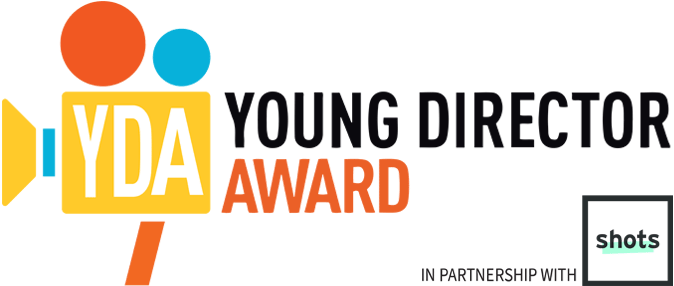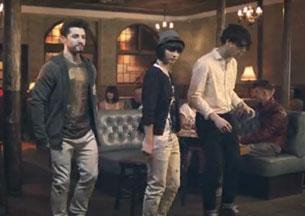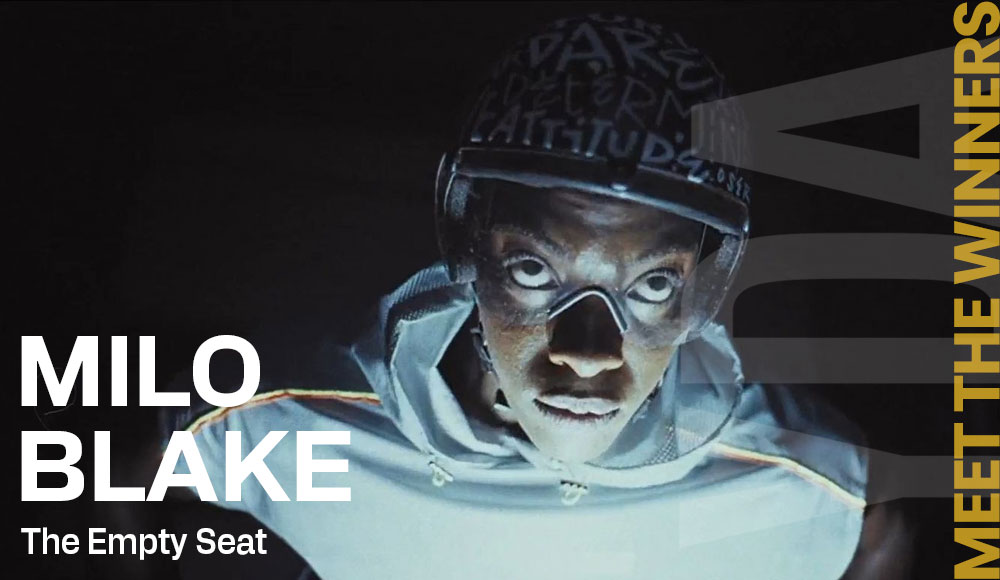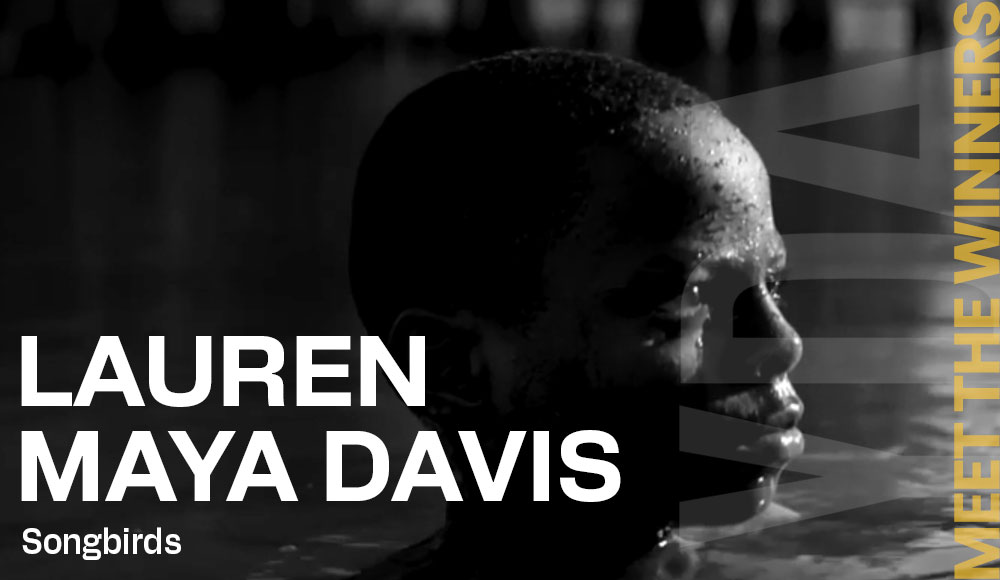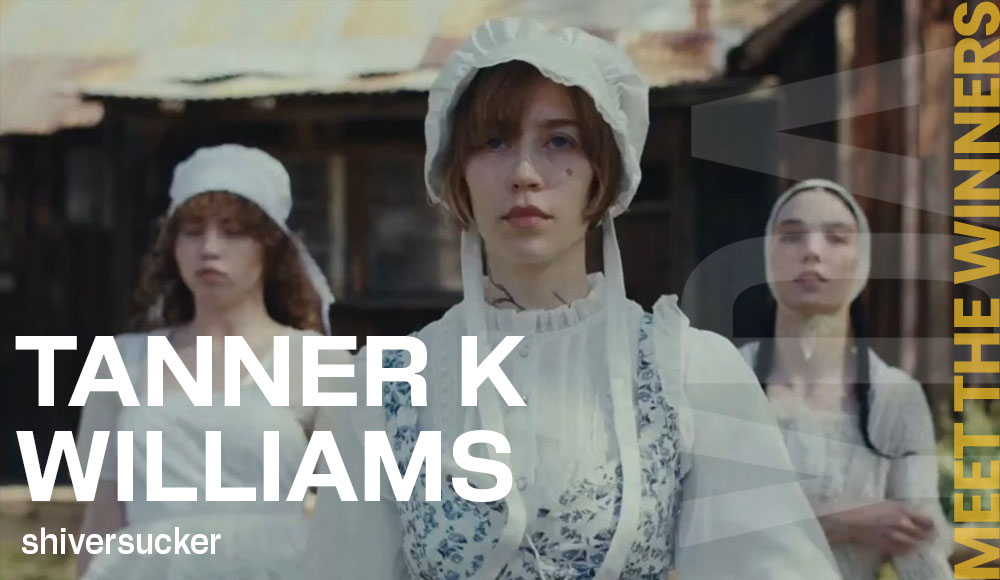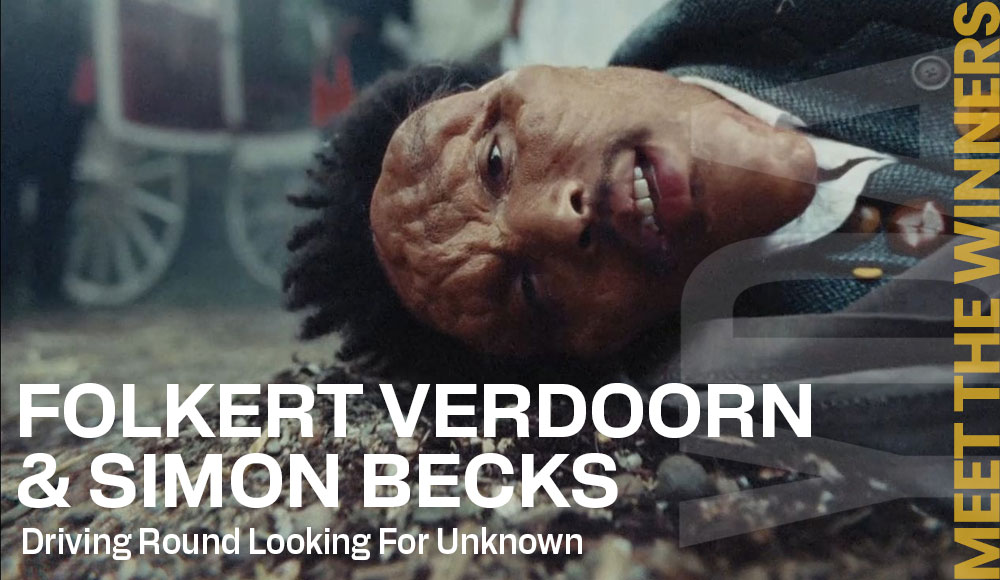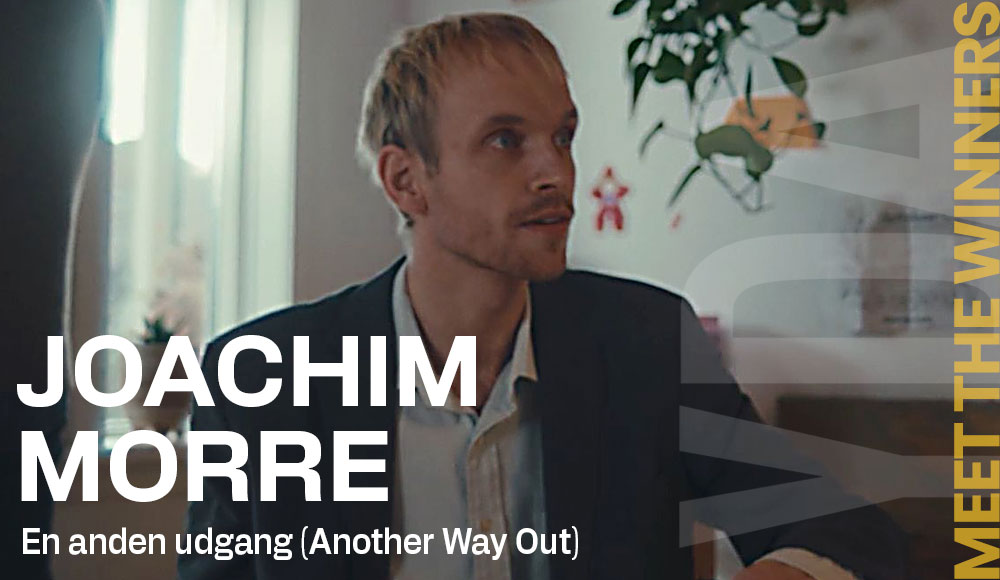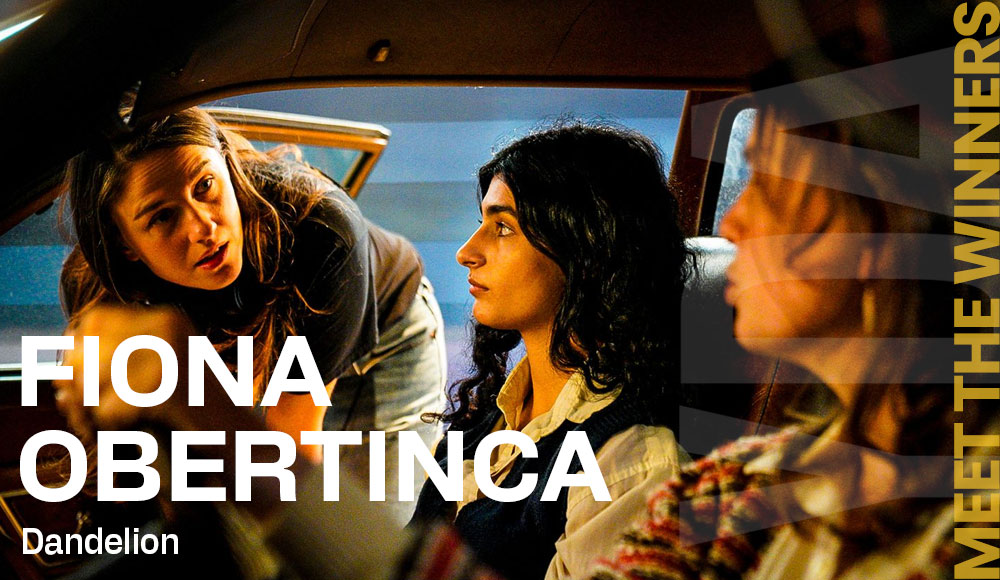Is there anyone in the world who didn’t sigh in that oooh-this-is-sooo-good sort of way when they first saw Arno Salter’s video for Seb Martell or get excited over the latest work for Diesel? We met up with the Franco-British director for a chat over a pot of tea and picked up some invaluable advice for new directors…
Every piece of work you do is beautifully crafted – from the moving sets in Barclays and Leclerc to the animated boxes in Seb Martell through to the dance routine and interactive video for Diesel. No CGI. How did your talent evolve?
Probably by trying to impress three older brothers, but I’ve always been into puppetry, bringing characters alive on a really small scale. Moving sets is the same thing, it’s just doing it with bigger toys and bringing environments to life.
I started out doing a lot of stop-motion partly because I love it but also because it was an easy way to build a reel with no money and create something that looks good with good production values that could be made on my kitchen table. I went on to bigger art directing style jobs and now the next big thing for me is to “puppeteer” actors, getting to work more with live action and human beings.
http://www.youtube.com/watch?v=HtbS0p-B3ogWhere did you study film making? Or are you self-taught?
I went to film school but first I went to London School of Economics where I studied Russian and Political Theory but to be honest my concern at the time was to be as original as possible. I’d started Russian when I was at grade school, about 11, as all my friends were learning English which I already spoke. I thought ‘what’s the most original language I could learn and be the coolest guy in school’ and so I started Russian and kept it going through university. LSE was great, I loved being in central London and intellectually it was really fulfilling but I spent most of my time there putting on plays. I really enjoyed working with actors. That was the start for me, that’s where the fascination with set design began. I’d play with the space in an unexpected way and there was one play where the set was split in two and I placed the audience here and there with the actors walking through.
I’d always been a big film geek and I really wanted to control the shots and not just the action so I went to film school in San Francisco and I started my MFA but dropped out when I felt I had what I needed and started doing my own little stop-motion shorts. The film school was very technical and gear orientated. I certainly didn’t learn any stop-motion or directing skills there but I did learn how to use a camera, basic Hollywood stock coverage – wide shot, over the shoulder shot, medium shot kind of thing and that was very useful.
What’s the most challenging piece you’ve directed?
Probably my first commission, not because of the piece itself but because it was the first time I had a client and a real budget and a team and it was a £30,000 video which is nothing compared to commercials but at the time I was thinking “ohmygod I’ve fooled these people into giving me £30,000 to play with and I’m responsible for this and I’ve no idea what I’m doing”. It was for a video, which I don’t particularly like that much, for Imogen Heap. Part of the video is quite fun where she pulls up her big dress to reveal a little doll’s house with puppets underneath. But there were just too many beauty close-ups of her singing that are not that interesting. It was a result of working for the first time with a major label and not knowing where to make the right compromises and giving in to the wrong things.
Directing is all about collaboration. It’s 50 percent talent and the rest is about people skills, knowing what is the core of your vision and standing your ground and recognising when someone comes forward with a better idea than yours. Integrating that is part of the spontaneity and unpredictability of the whole process.
How much are you involved in the development of the script?
In music videos I come up with my own ideas but I don’t do as many music videos as I used to. Budgets are shrinking and yet you’re not necessarily given full freedom so lately I’ve only done jobs for my friends or my brother where, like with the Seb Martell video, I can take from beginning to end.
Do you storyboard in detail?
Shoot days can be very stressful and some days you don’t have as much time as you’d like to think, so storyboards are of course essential. I don’t draw, I get someone else to do it, I can barely do stick men. But if you only stick to a storyboard it’s little dull, so I also try to be flexible enough to capture spontaneous ideas from the crew, the creatives or the cast as well as my own.
Personal blog: http://bumsandcracks.blogspot.com/
To see more: http://www.arnosalters.com
Commercials: http://www.stink.tv
Music videos: http://www.rokkit.tv
